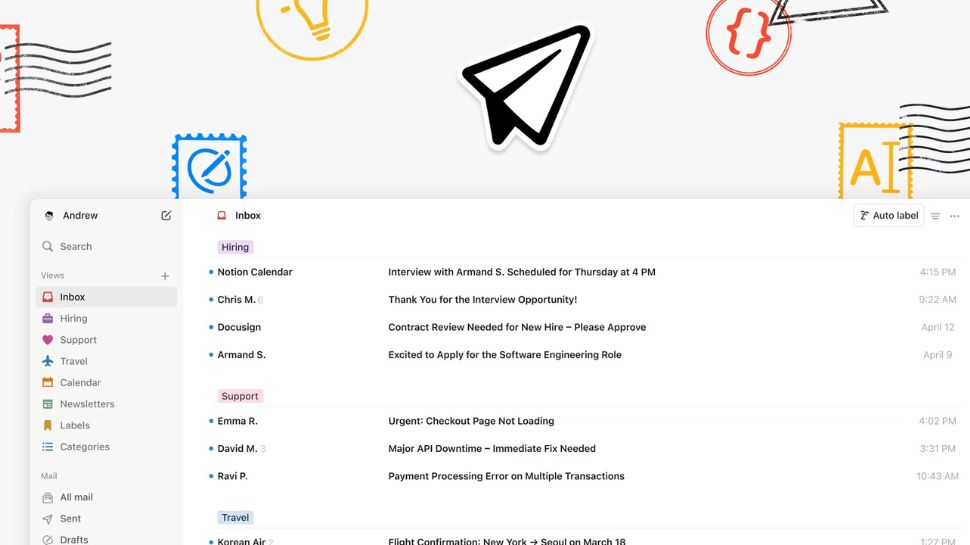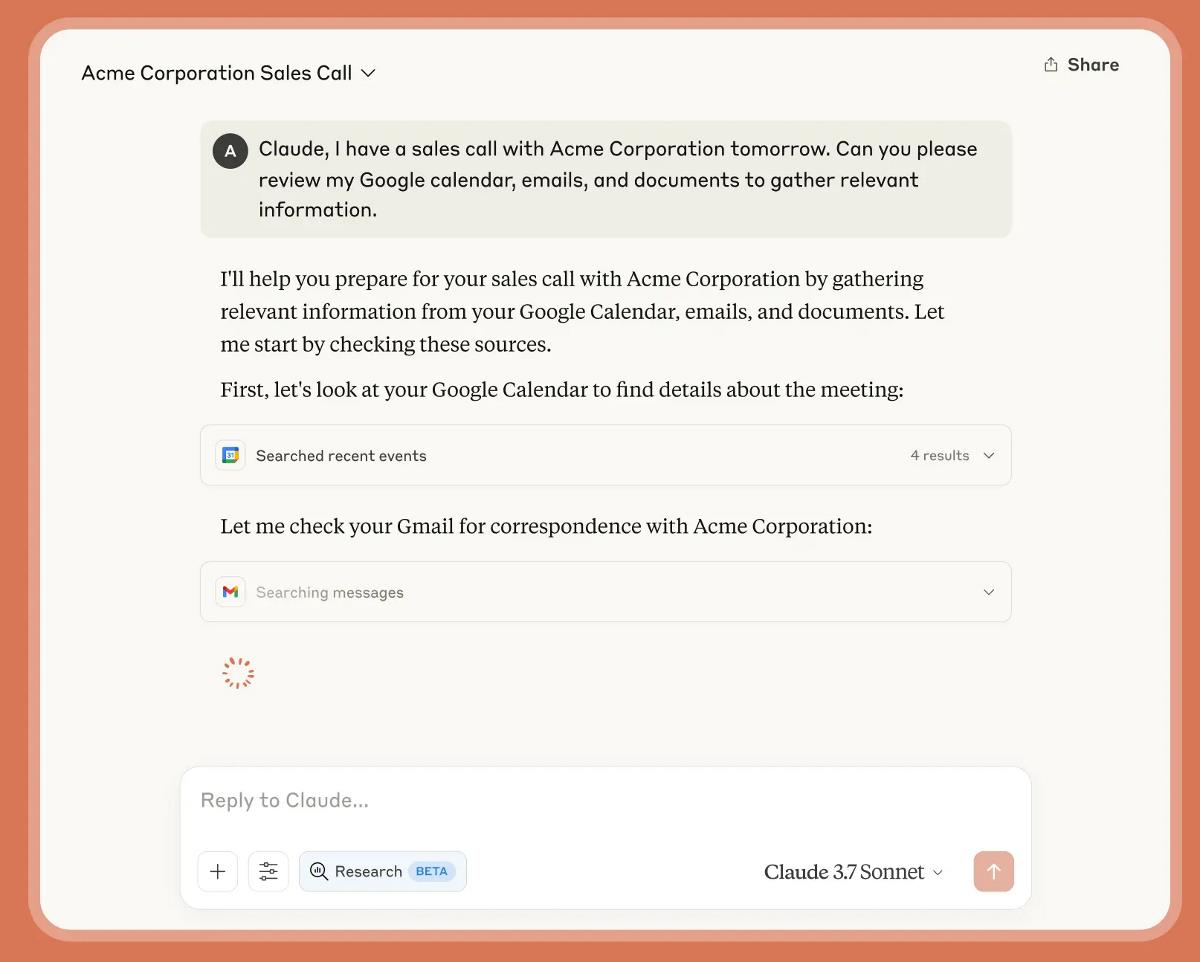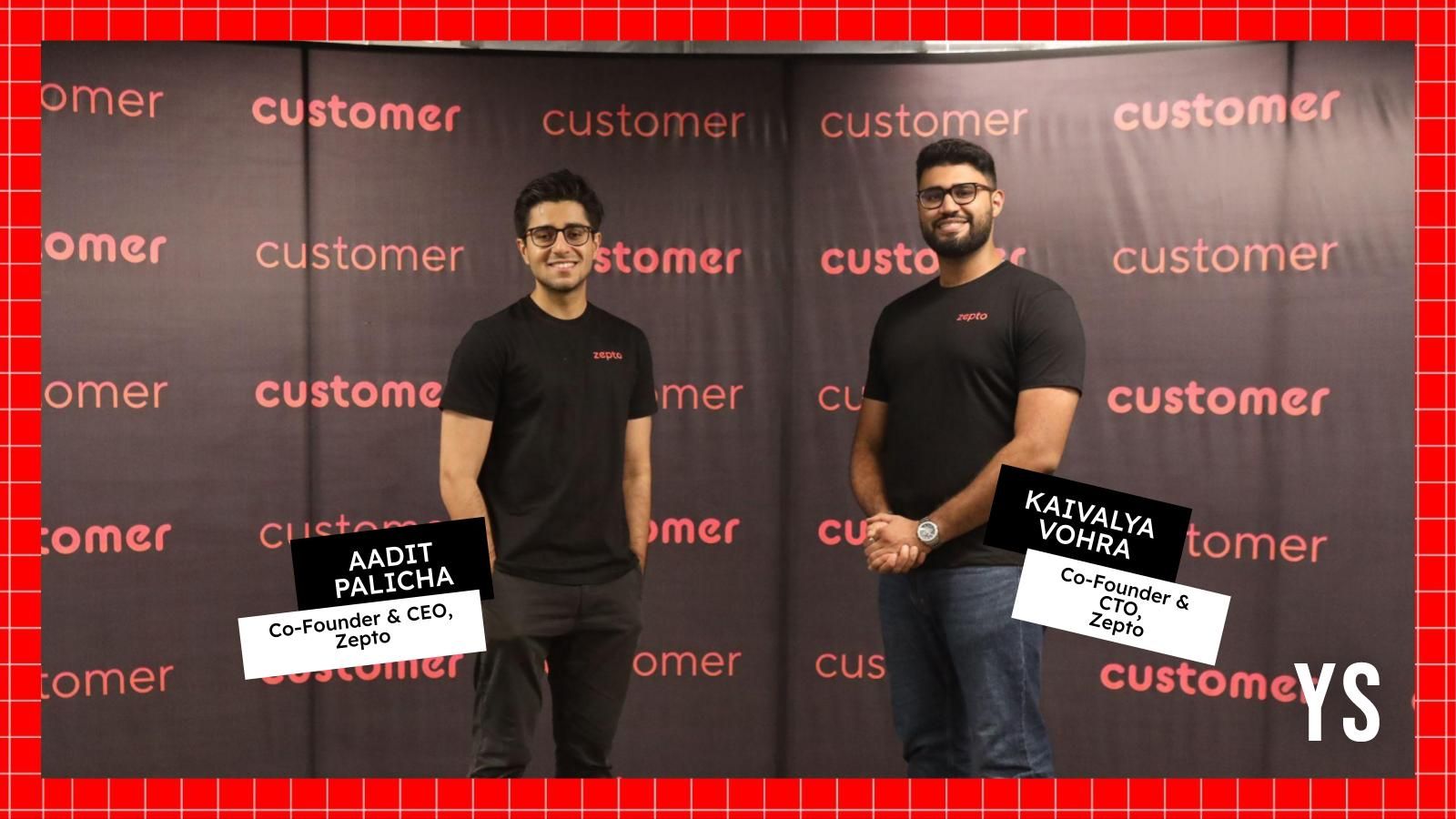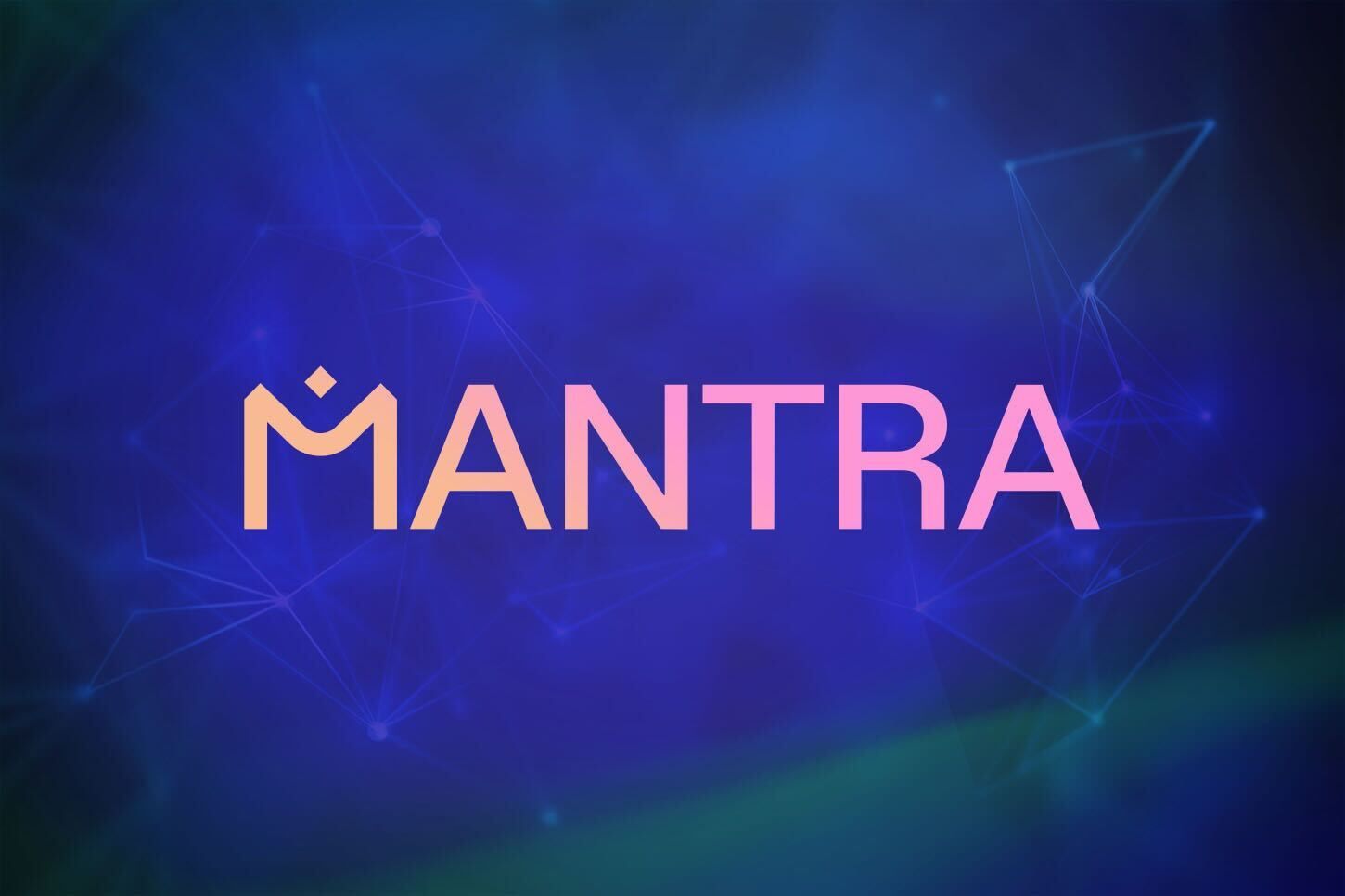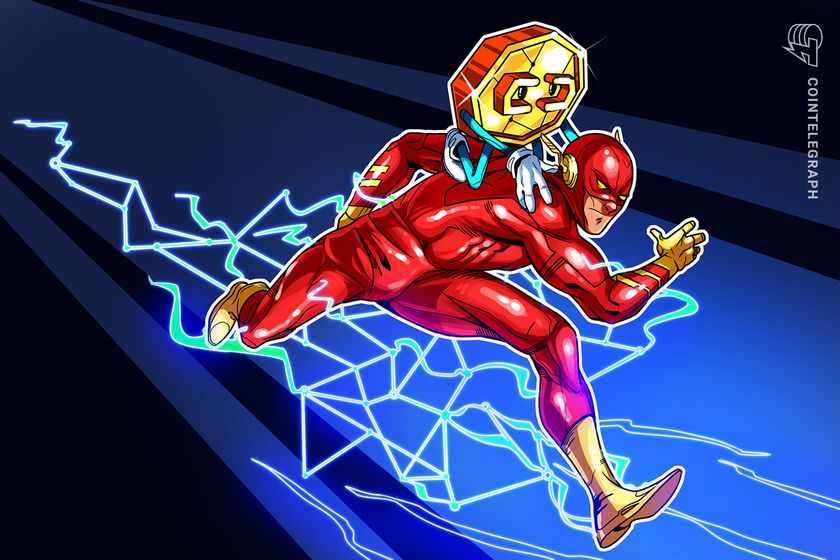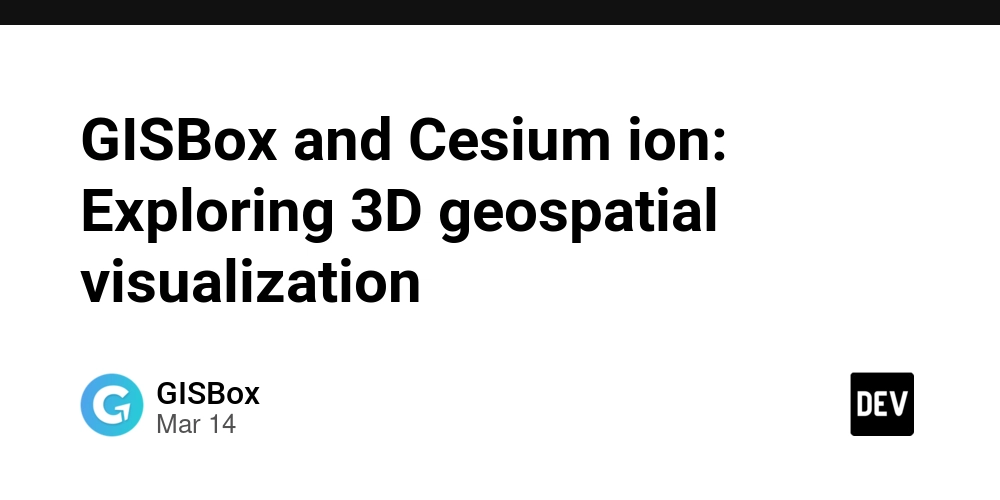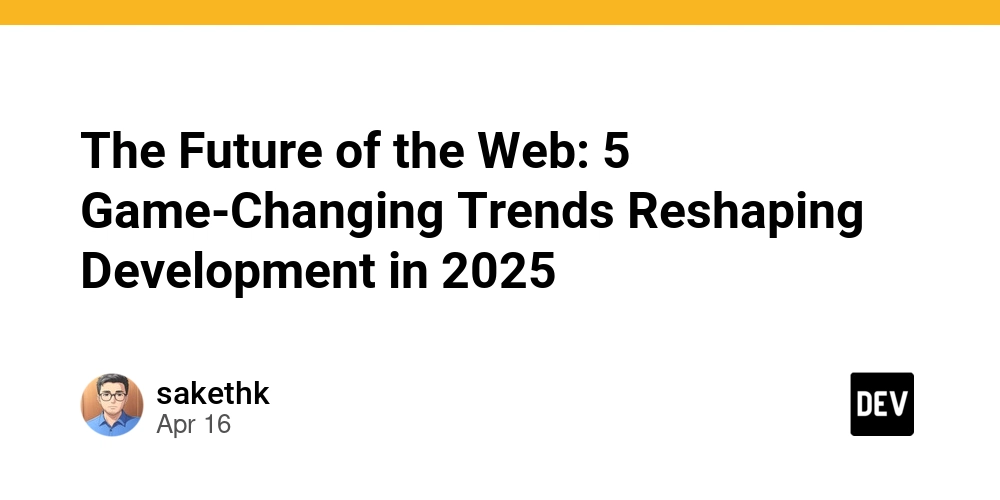What Filmmaking Taught Me About Writing Smart Contracts
If you Google my name, you’ll probably think I’m a filmmaker. And you’d be right. From pre-production to post-production, I write, direct, edit, and color grade films — filmmaking has always been one of my main forms of expression as an independent artist. Why am I telling you this? Because now that I’m building a smart contract protocol and reaching the integration phase (Chainlink, Gelato, automation…), I’ve realized something: Writing smart contracts feels a lot like directing a film. In film, everything starts with structure There’s a saying in filmmaking: “Every hour skipped in pre-production turns into ten hours of pain in post.” In Solidity, it’s the same. If your core logic isn’t solid, every integration becomes a potential disaster. So I started with the essentials Before plugging in anything external, I focused on: Modular architecture Full Foundry test suite Revert reasoning Fuzzing & edge case handling 90% test coverage Now the base is strong enough to integrate Only now I’m starting to explore oracles and automation. Not because I was “behind” — but because the foundation matters more than the buzzwords. Final thought I still write and direct short films. And that creative background helps me more than I expected. Both code and cinema are about logic, structure, and sequencing — and making sure nothing breaks when you hit play.
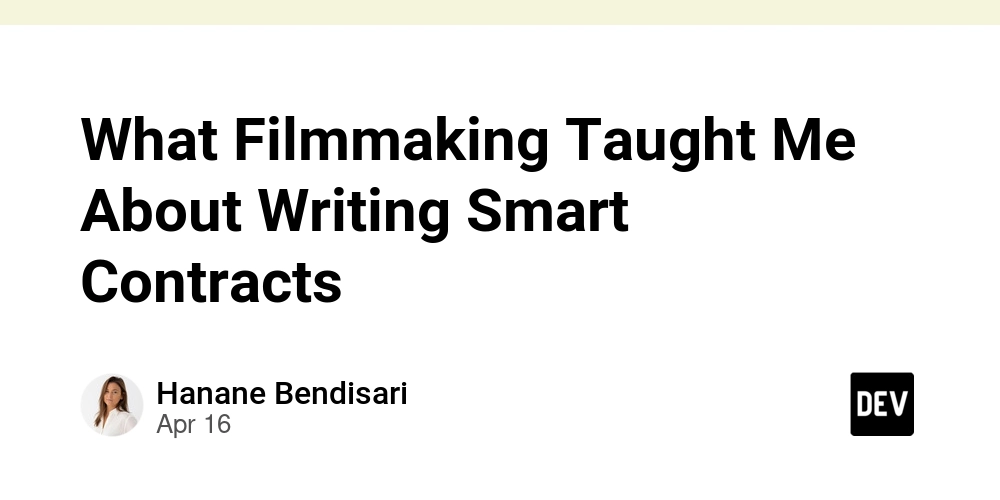
If you Google my name, you’ll probably think I’m a filmmaker.
And you’d be right.
From pre-production to post-production, I write, direct, edit, and color grade films — filmmaking has always been one of my main forms of expression as an independent artist.
Why am I telling you this?
Because now that I’m building a smart contract protocol and reaching the integration phase (Chainlink, Gelato, automation…), I’ve realized something:
Writing smart contracts feels a lot like directing a film.
In film, everything starts with structure
There’s a saying in filmmaking:
“Every hour skipped in pre-production turns into ten hours of pain in post.”
In Solidity, it’s the same.
If your core logic isn’t solid, every integration becomes a potential disaster.
So I started with the essentials
Before plugging in anything external, I focused on:
- Modular architecture
- Full Foundry test suite
- Revert reasoning
- Fuzzing & edge case handling
- 90% test coverage
Now the base is strong enough to integrate
Only now I’m starting to explore oracles and automation.
Not because I was “behind” — but because the foundation matters more than the buzzwords.
Final thought
I still write and direct short films. And that creative background helps me more than I expected.
Both code and cinema are about logic, structure, and sequencing — and making sure nothing breaks when you hit play.
















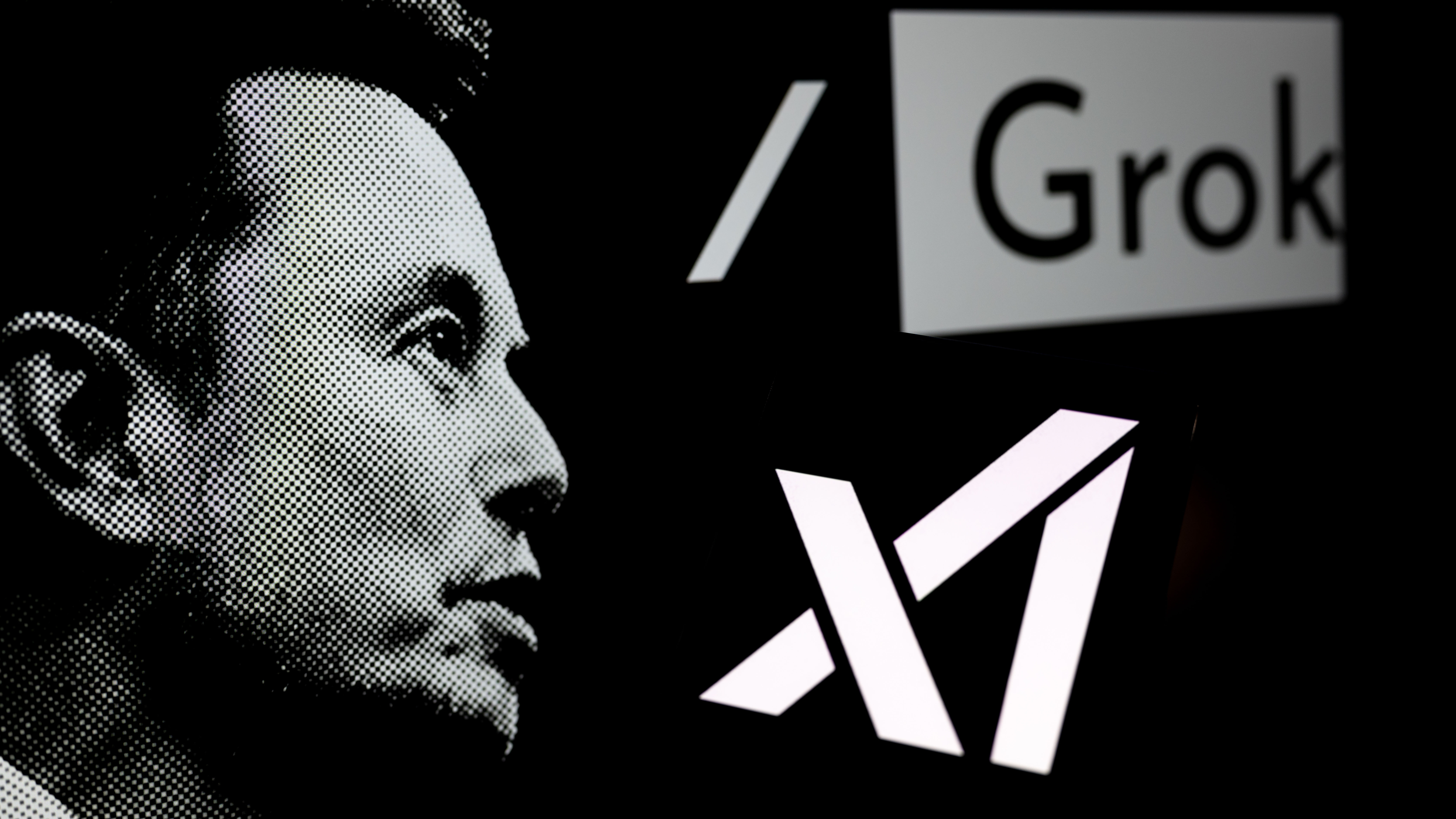
















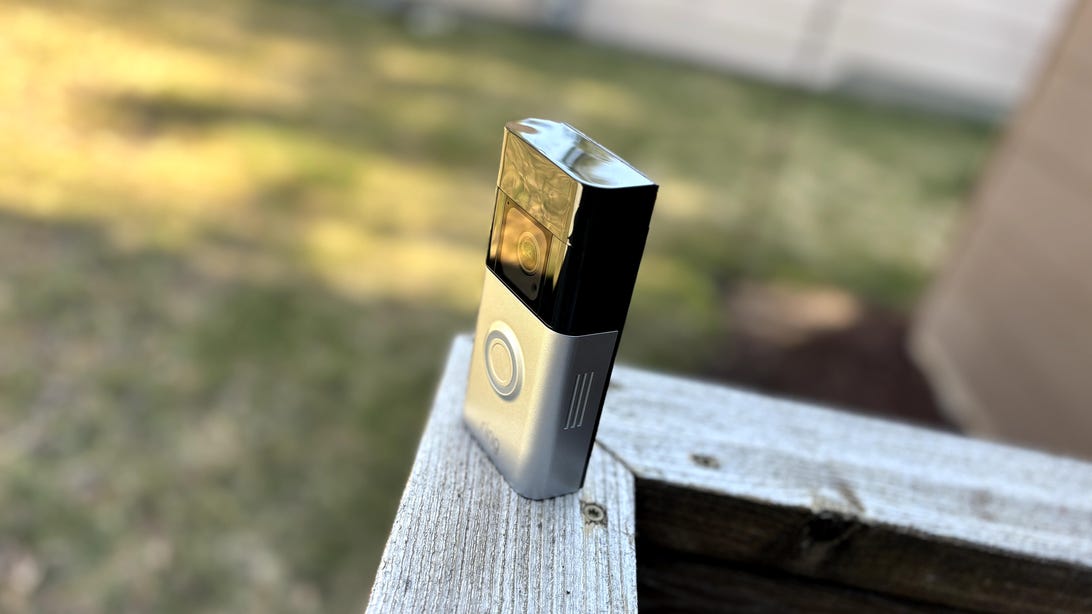


















.jpg)





















































































































![[The AI Show Episode 144]: ChatGPT’s New Memory, Shopify CEO’s Leaked “AI First” Memo, Google Cloud Next Releases, o3 and o4-mini Coming Soon & Llama 4’s Rocky Launch](https://www.marketingaiinstitute.com/hubfs/ep%20144%20cover.png)














































































































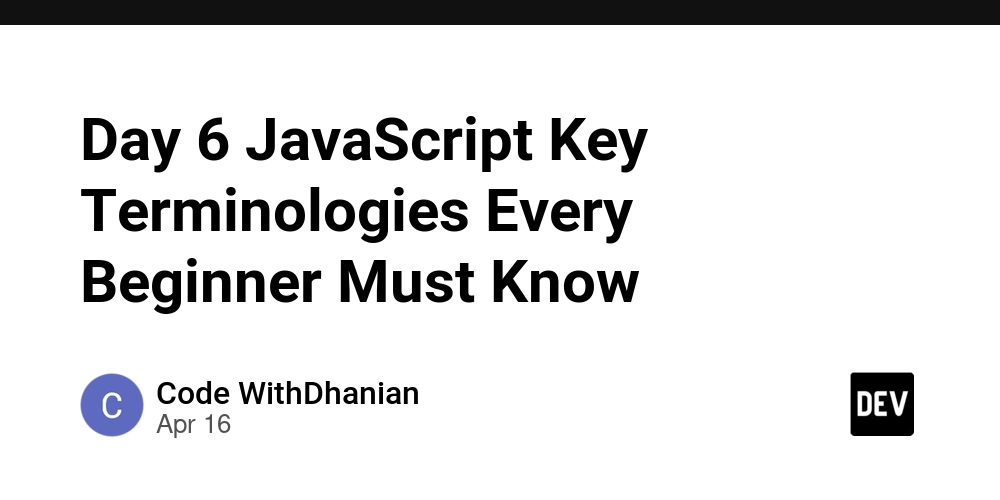

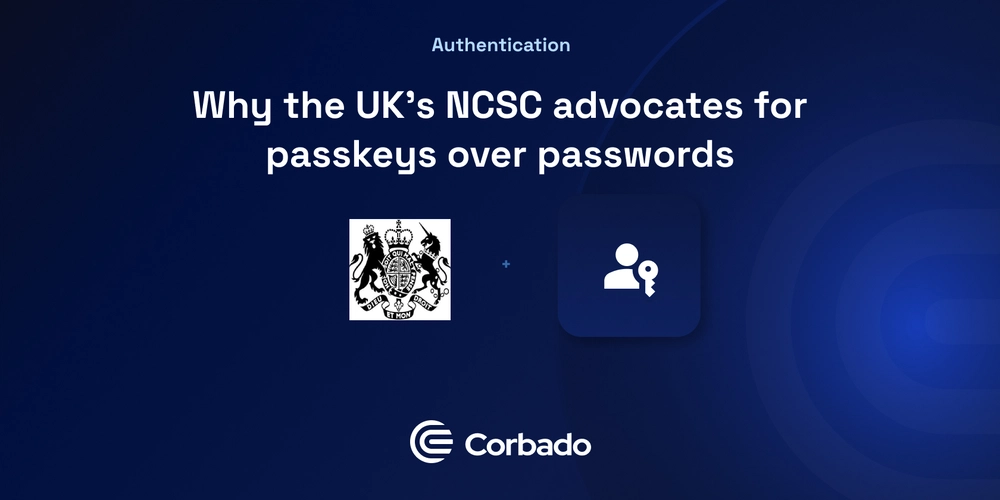





















































































![Blue Archive tier list [April 2025]](https://media.pocketgamer.com/artwork/na-33404-1636469504/blue-archive-screenshot-2.jpg?#)






























.png?#)









































.webp?#)
















































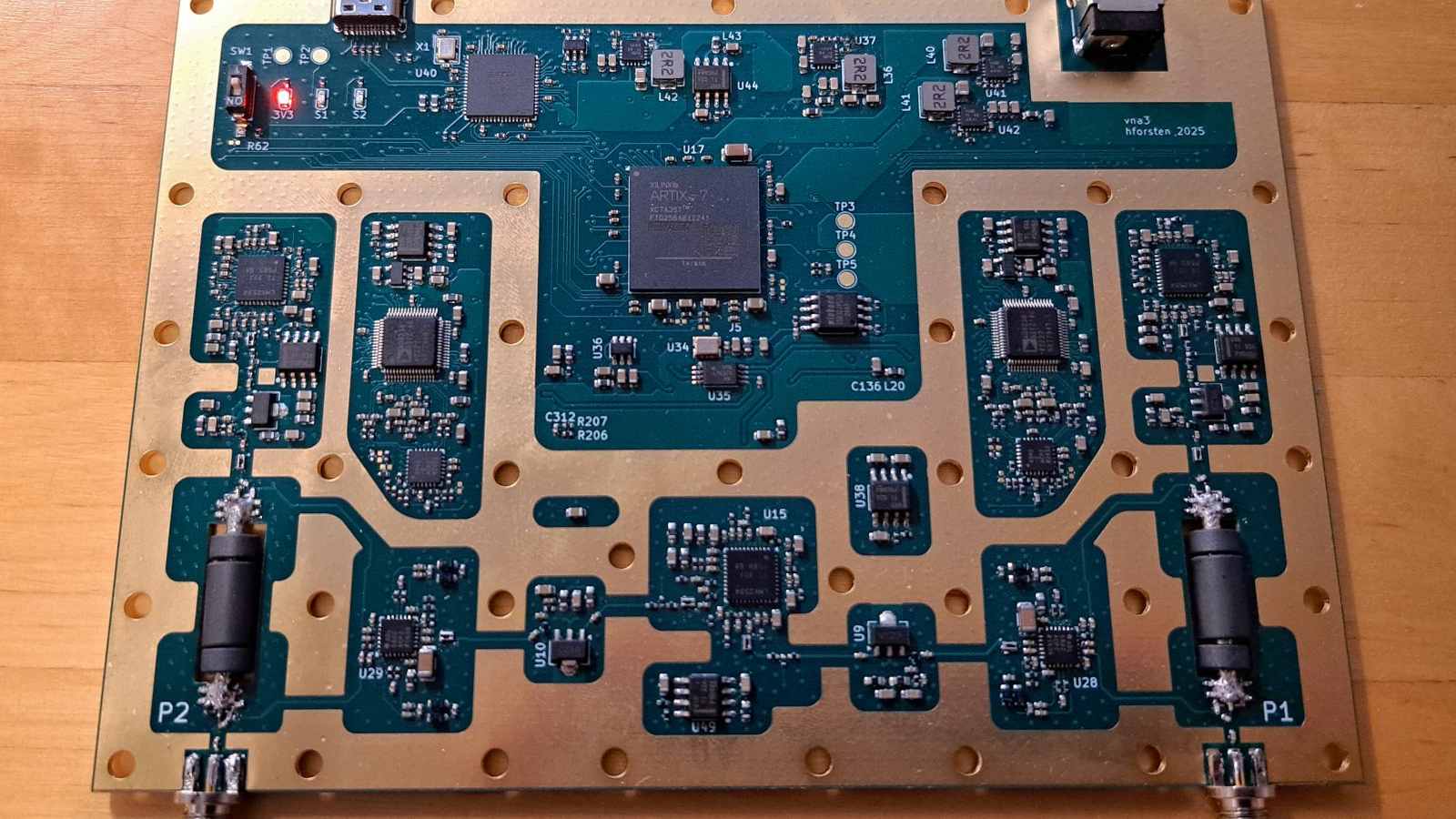
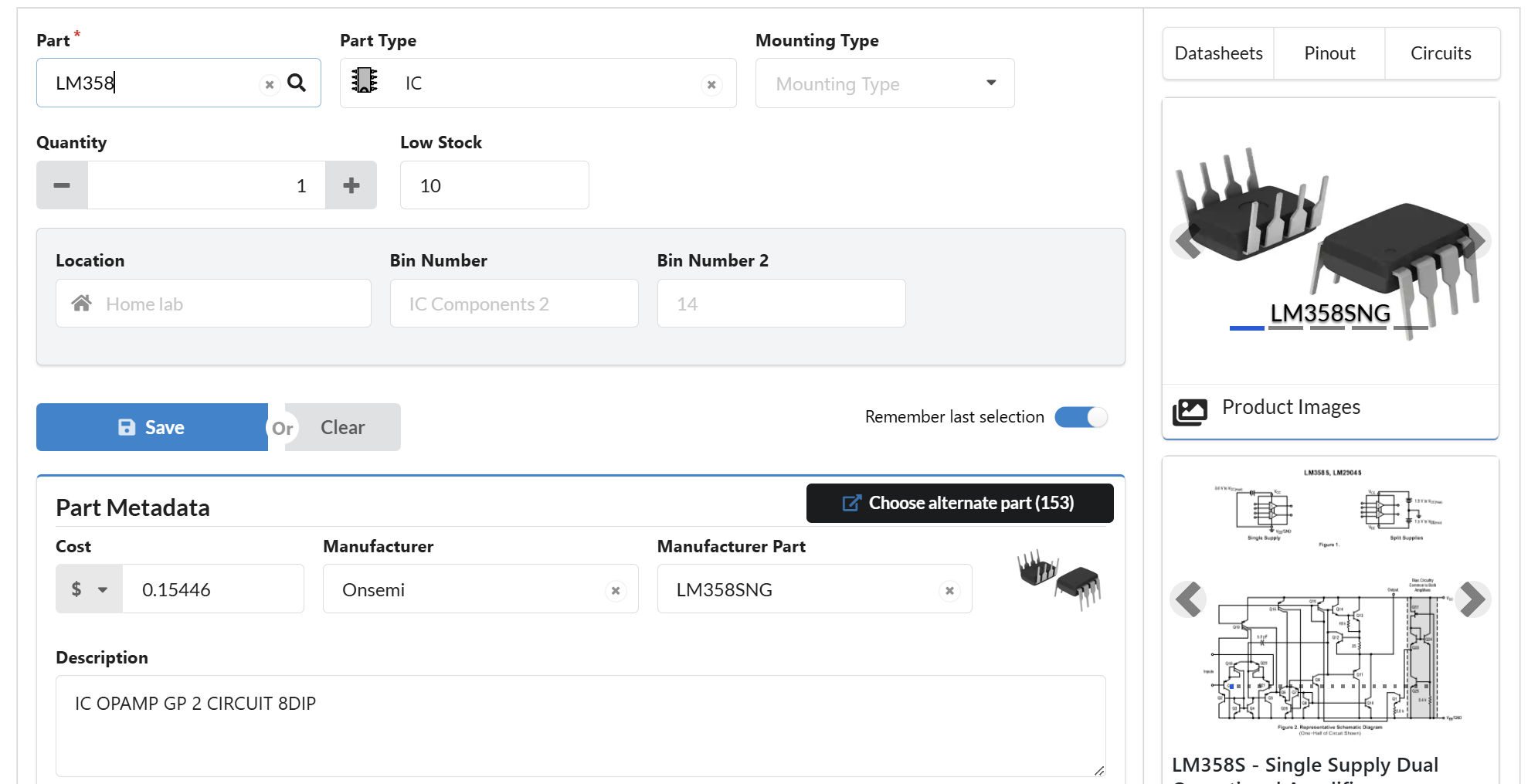
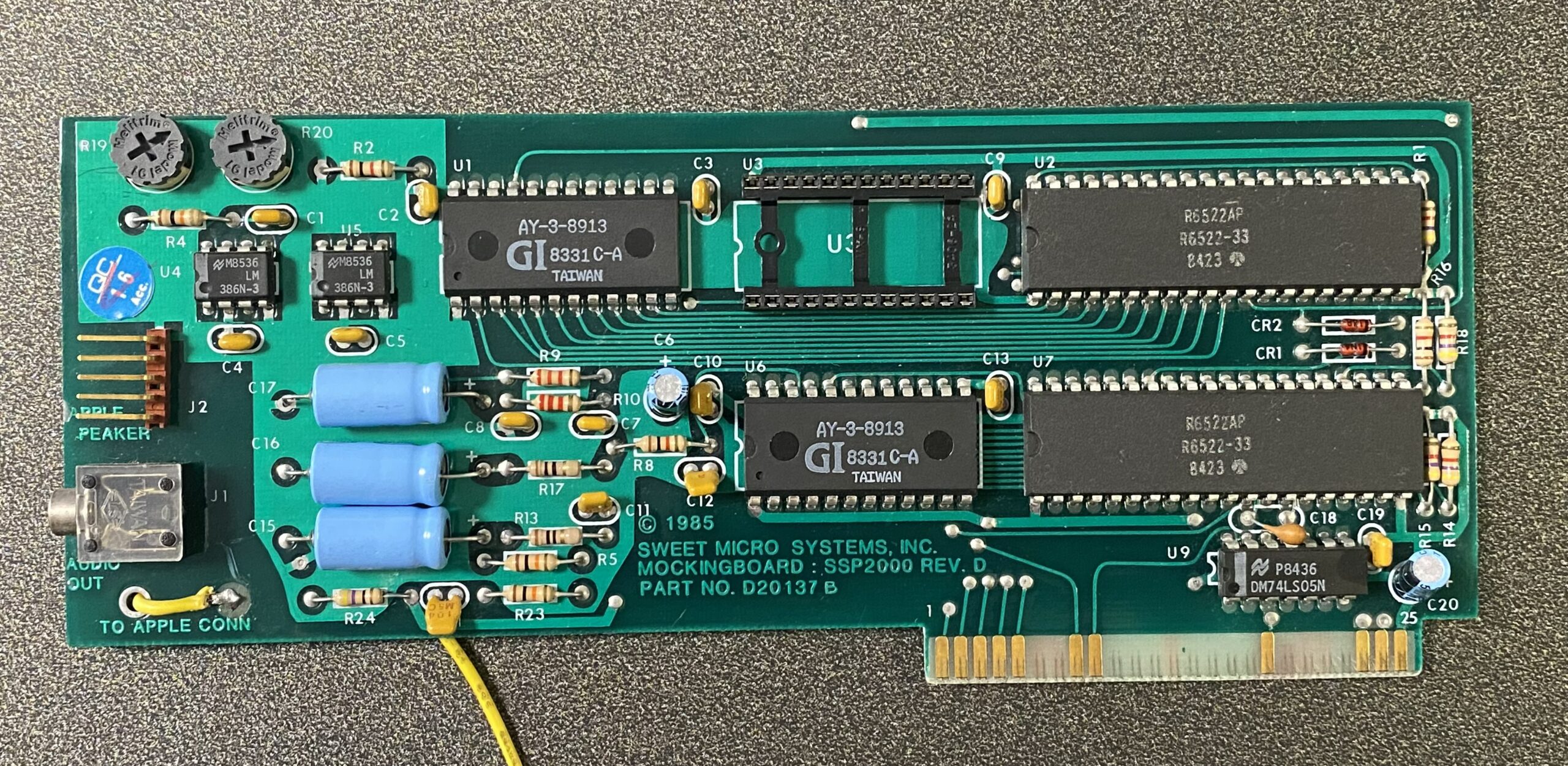
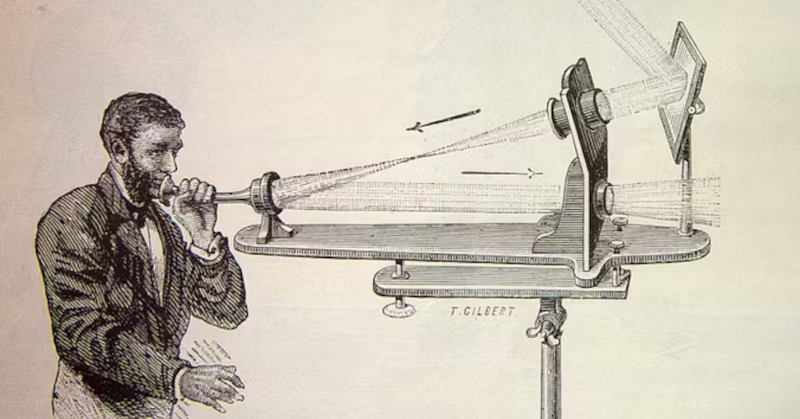
















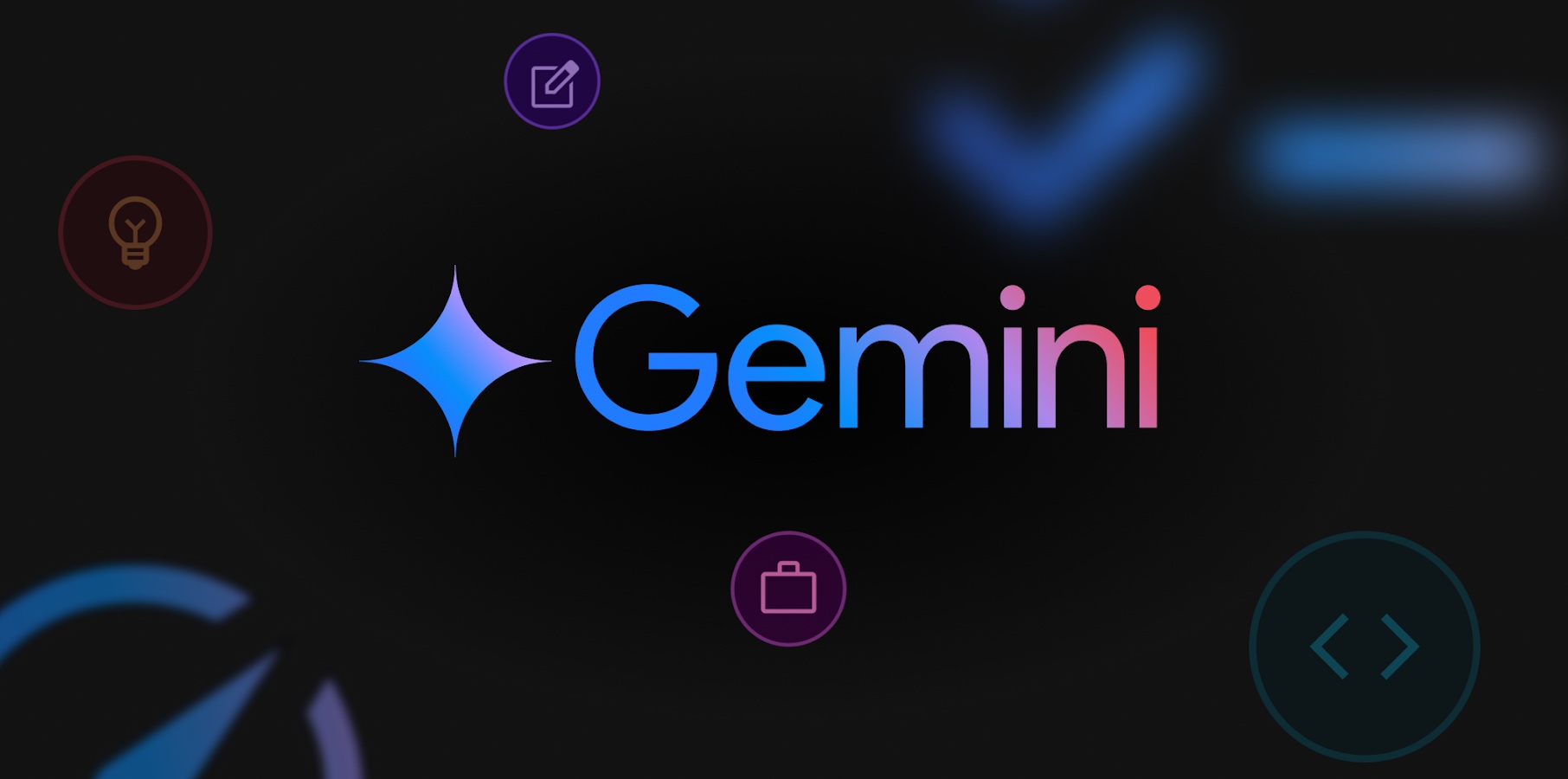






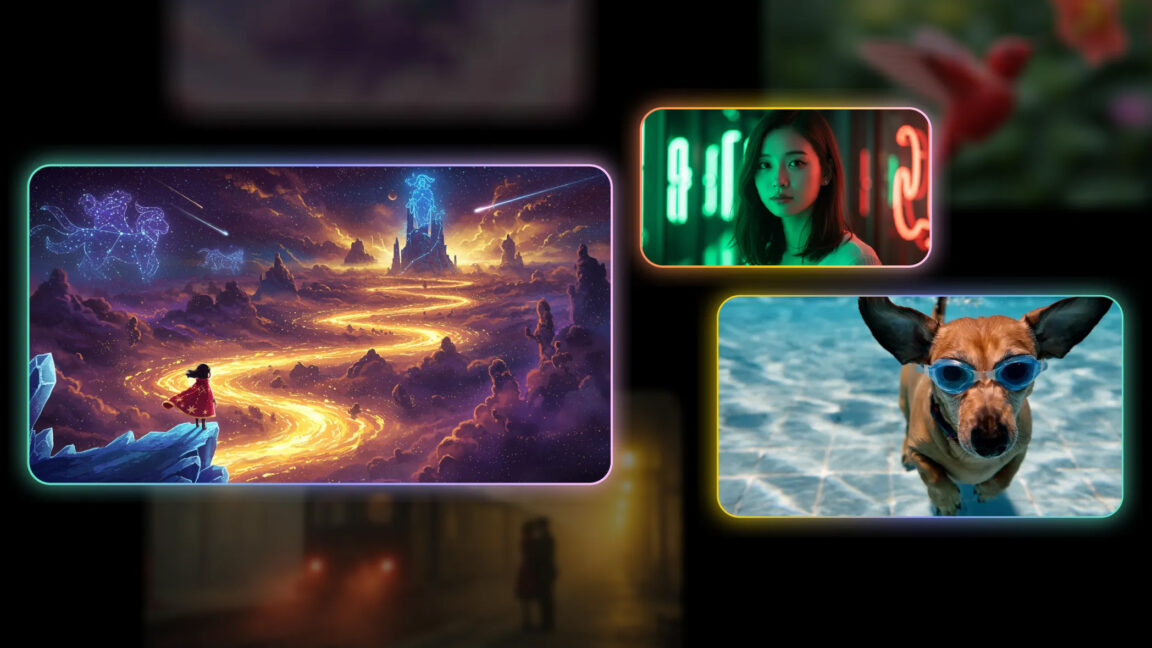

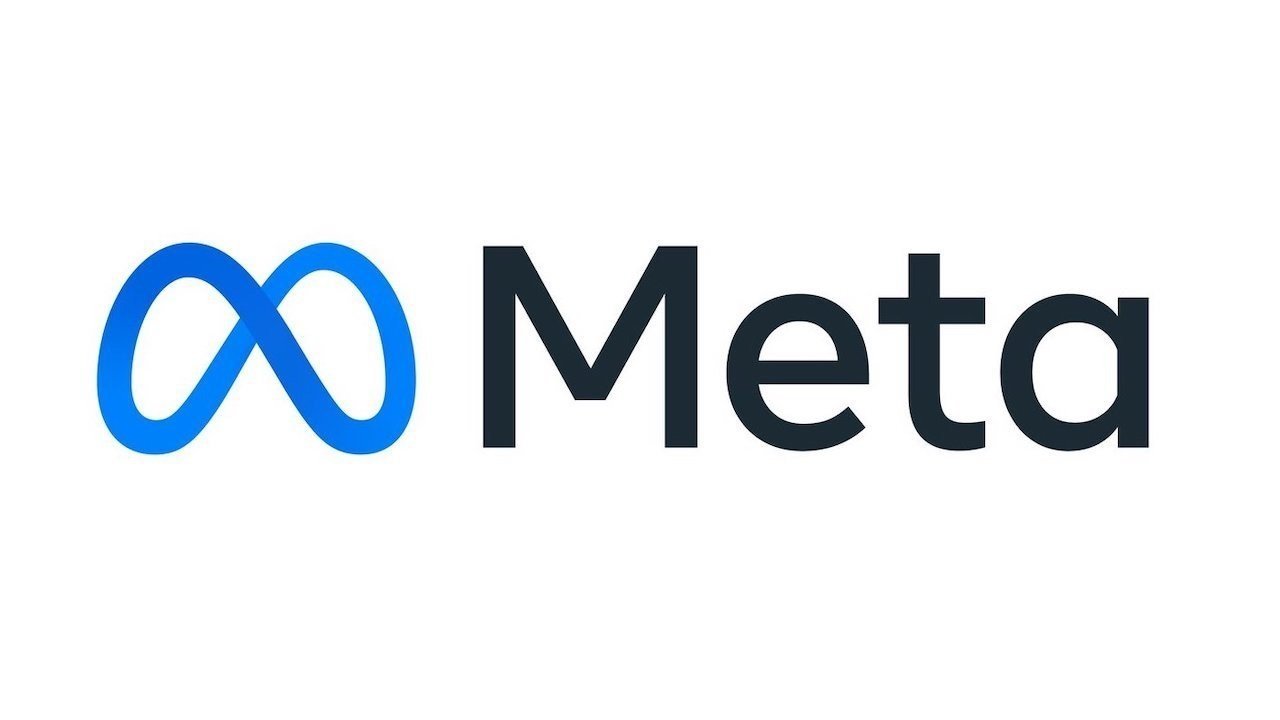
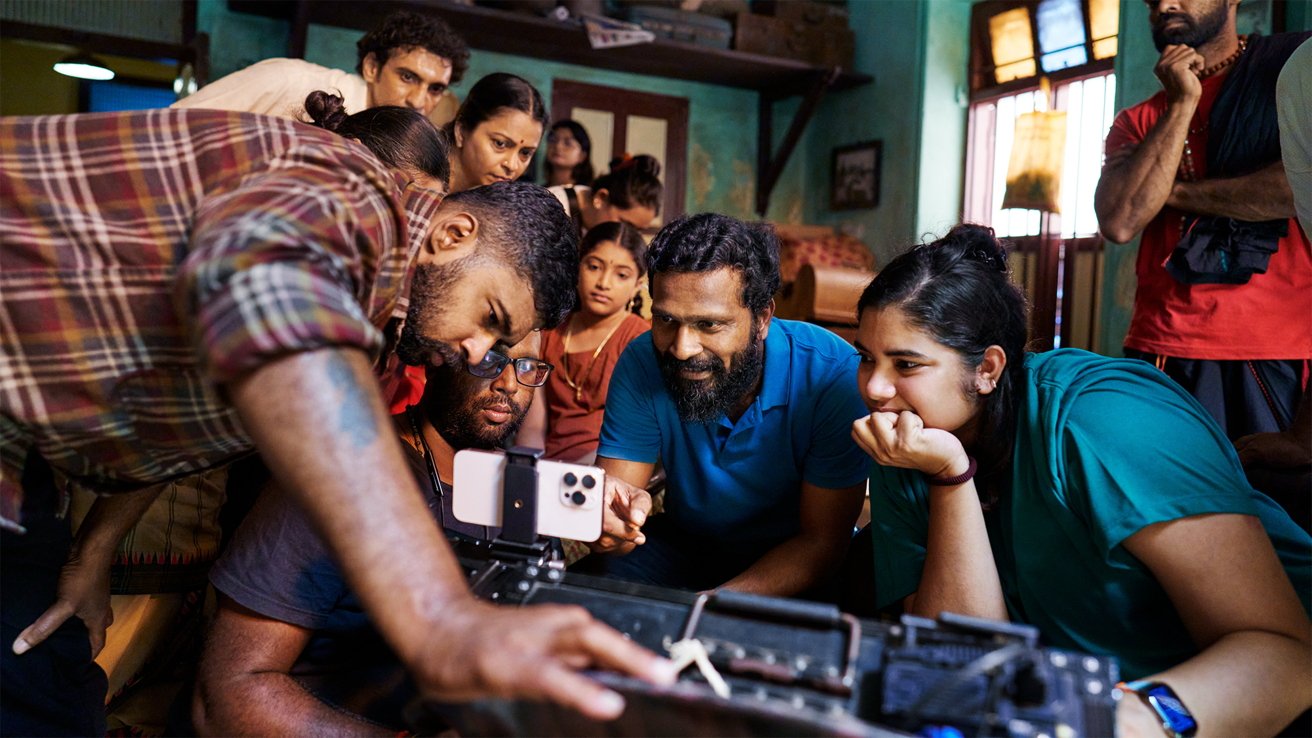







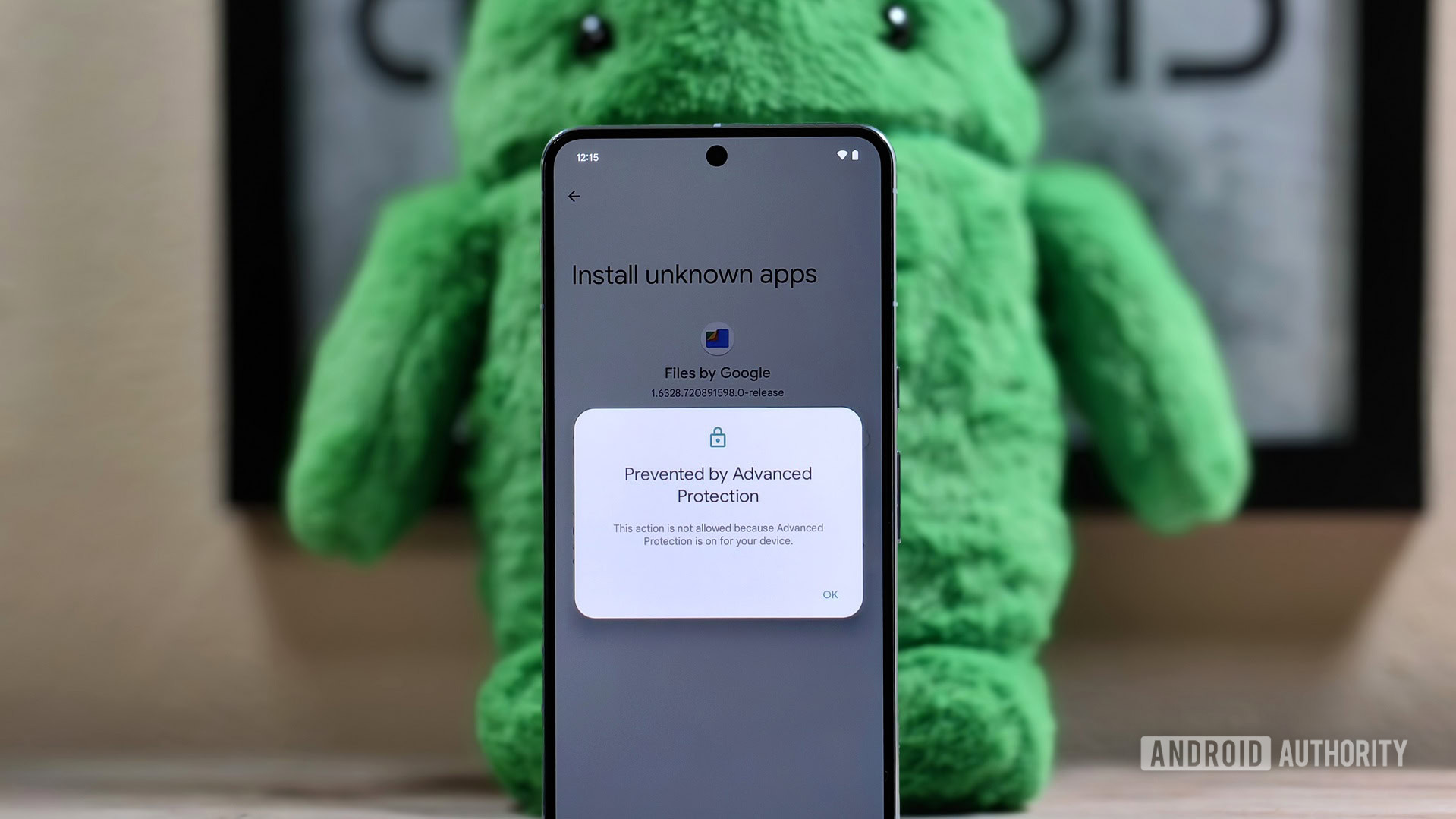


















![Apple to Split Enterprise and Western Europe Roles as VP Exits [Report]](https://www.iclarified.com/images/news/97032/97032/97032-640.jpg)
![Nanoleaf Announces New Pegboard Desk Dock With Dual-Sided Lighting [Video]](https://www.iclarified.com/images/news/97030/97030/97030-640.jpg)

![Apple's Foldable iPhone May Cost Between $2100 and $2300 [Rumor]](https://www.iclarified.com/images/news/97028/97028/97028-640.jpg)















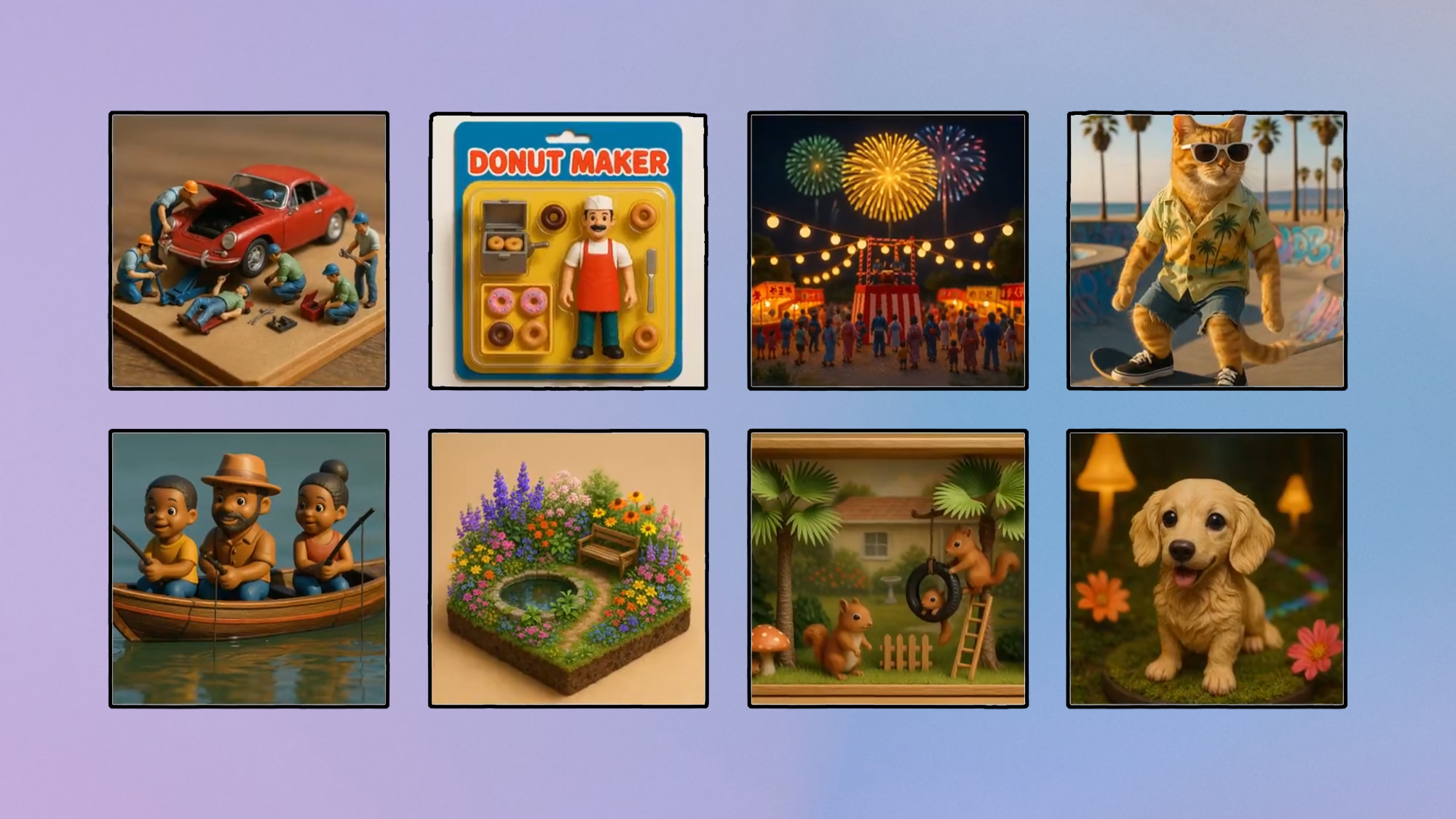
![Daredevil Born Again season 1 ending explained: does [spoiler] show up, when does season 2 come out, and more Marvel questions answered](https://cdn.mos.cms.futurecdn.net/i8Lf25QWuSoxWKGxWMLaaA.jpg?#)

